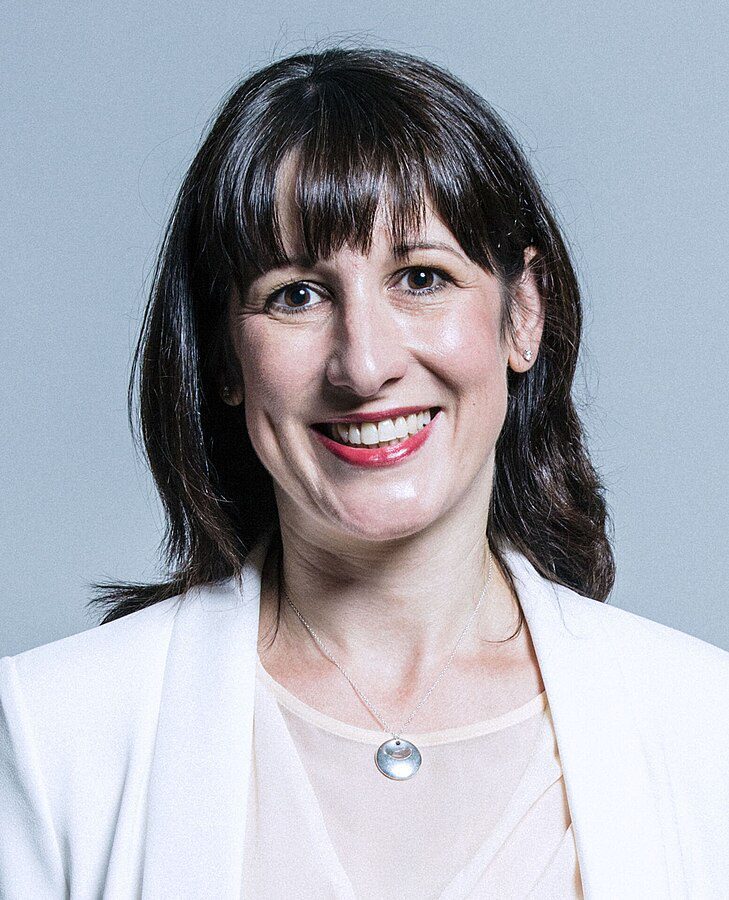
Rachel Reeves could potentially find approximately £10bn annually to address half of the fiscal gap left by the Conservatives by increasing taxes on unearned wealth, according to leading economists.
A recent study by the independent Resolution Foundation reveals that while Britain has experienced a surge in wealth, it suffers from inadequate wealth taxes, offering an opportunity for the chancellor of the exchequer to generate much-needed revenue by targeting the wealthiest individuals.
The report highlights that wealth levels have risen from four times the national income during Labour’s last tenure to six times the national income today, despite recent interest rate hikes. It also emphasizes the stark “wealth gaps,” with families in the top 10% holding £1.3m more wealth per adult than those in the middle. Wealth inequality is nearly double that of income inequality, and three in ten families had less than £1,000 in savings before the pandemic, leaving them vulnerable during the cost of living crisis.
Despite the concentration of wealth at the top, wealth-related taxes remain low, constituting only about 3% of national income. The report suggests that poorly designed taxes like inheritance tax (IHT) and capital gains tax (CGT) are prime candidates for reform in Labour’s first budget, aiding Reeves in meeting her fiscal rule of reducing debt as a proportion of GDP by the end of the parliamentary term.
The report points out that generous IHT reliefs allow the very wealthy to pay low effective rates, and curbing these could generate up to £2bn annually while promoting fairness. Aligning CGT rates with income tax rates could discourage tax avoidance and raising CGT rates on shares to match dividend tax rates could potentially raise up to £7.5bn annually.
These measures, collectively bringing in £9.5bn per year, could help Reeves tackle public spending challenges. Simon Pittaway, senior economist at the Resolution Foundation, noted that Britain has benefitted from a wealth boom, slightly tempered by rising interest rates, with wealth increasing from four times national income under Labour to six times today.
“But too many families have missed out on this wealth boom. Over one in four people say they wouldn’t be able to cover an unexpected expense of £850, highlighting that many families lack a basic financial safety net that even moderate wealth can provide.
Wealth taxes have not kept pace either.
Modernizing our wealth taxes, eliminating loopholes, and reducing distorting behavior could enhance the efficiency of our tax system and generate vital revenue for the exchequer.”
Stuart Adam, senior economist at the Institute for Fiscal Studies, said, “It would certainly be possible for the government to raise a few billion pounds from reforms to capital gains tax and inheritance tax.”
Both taxes, he noted, currently include reliefs that are hard to justify, such as pensions being exempt from inheritance tax at death.








